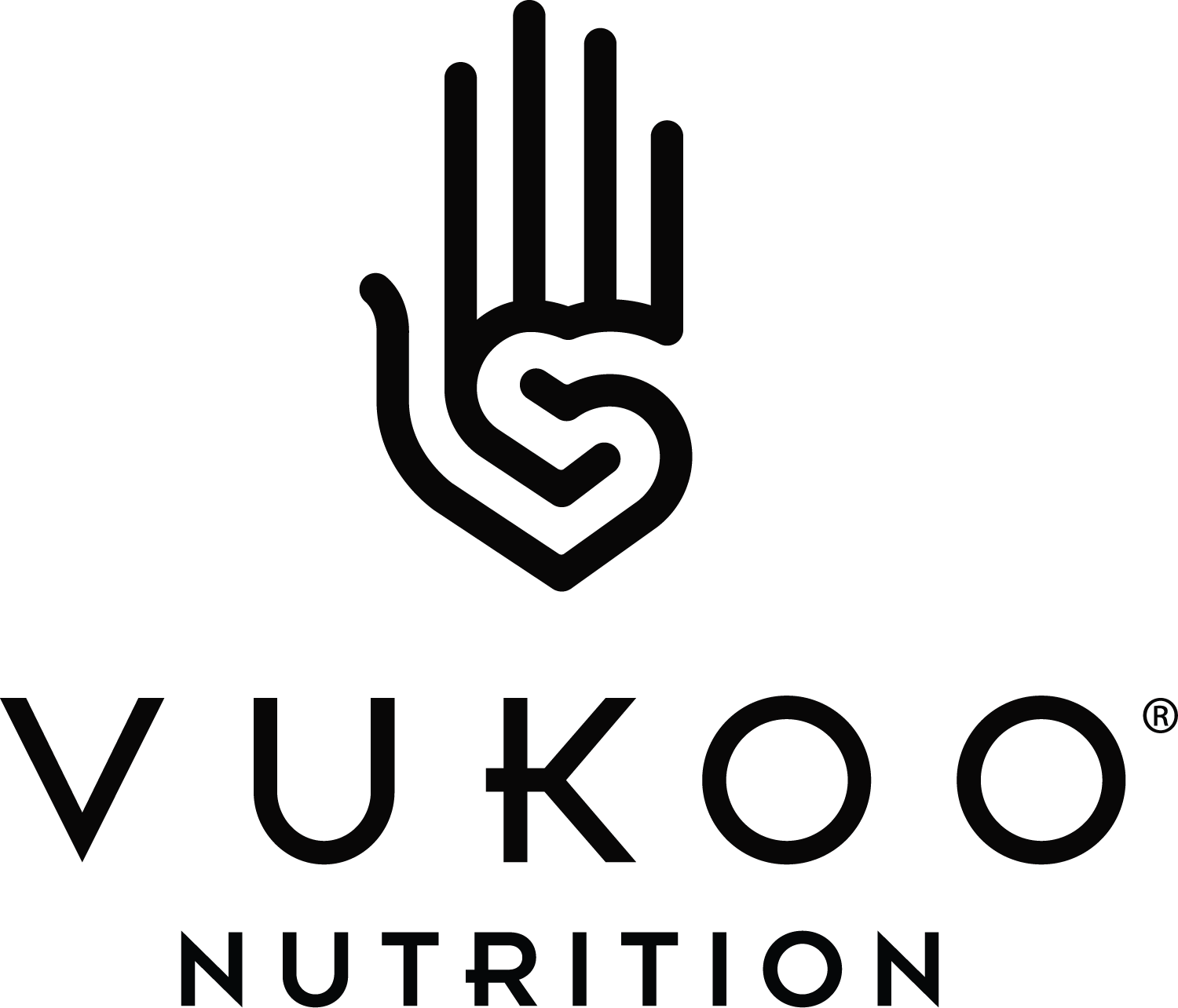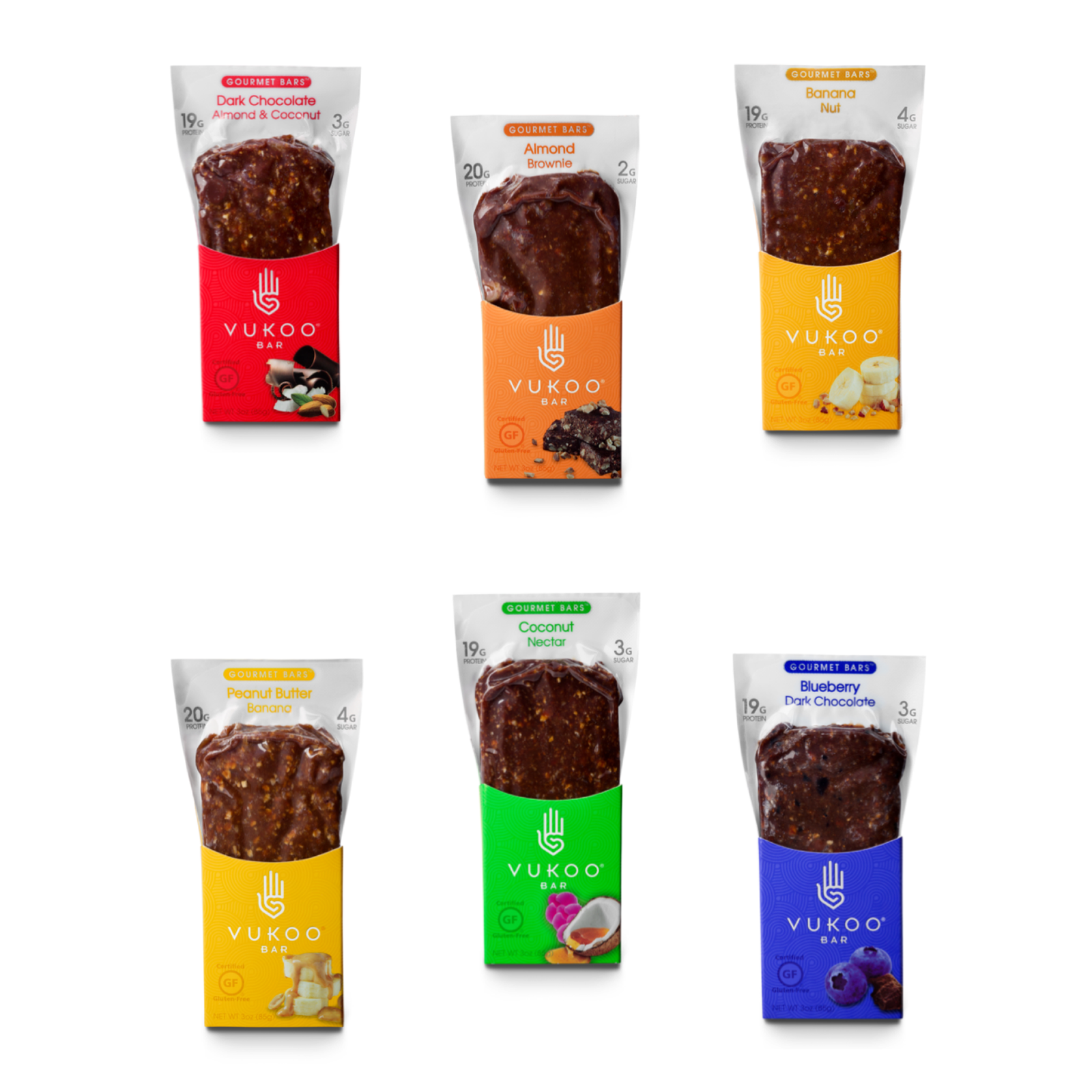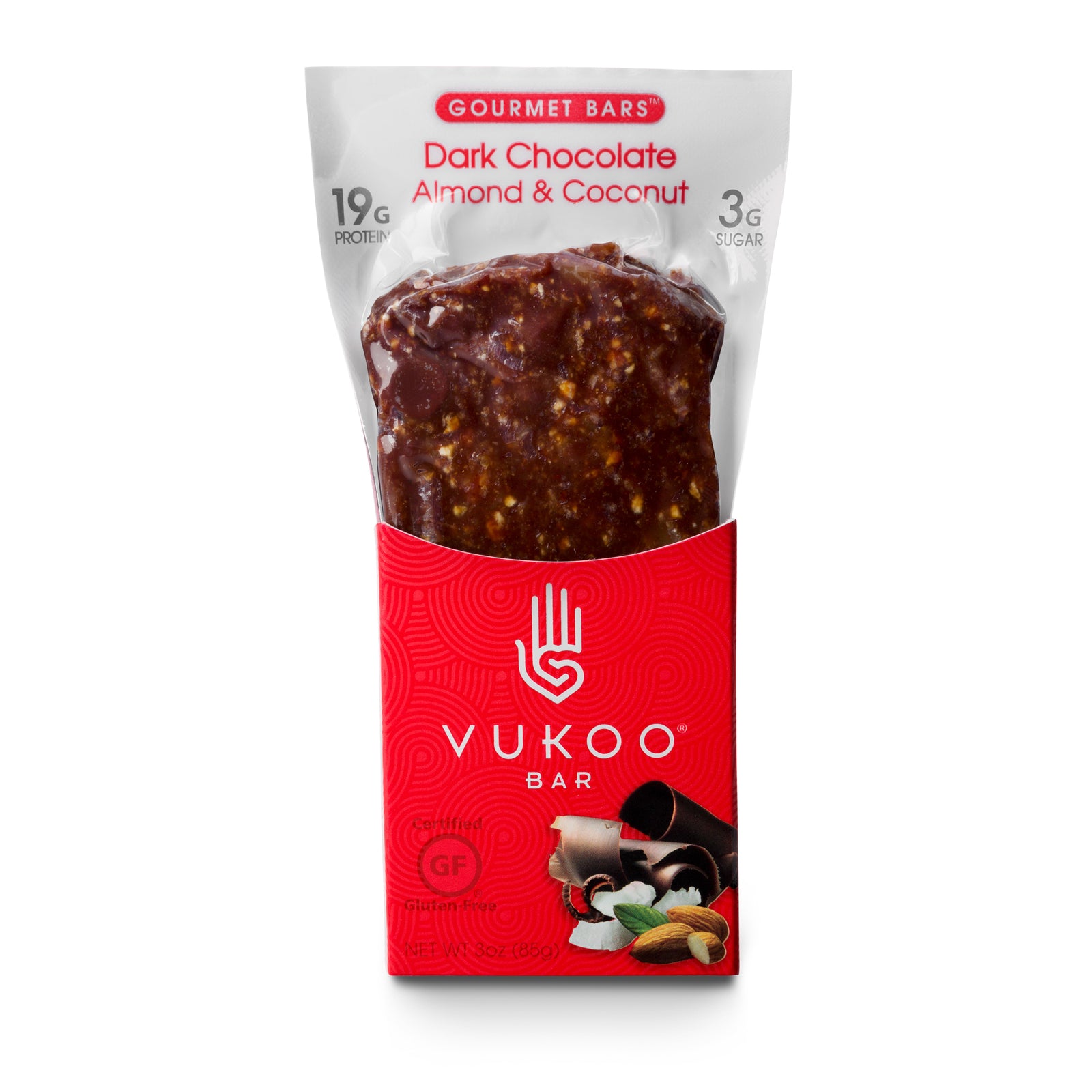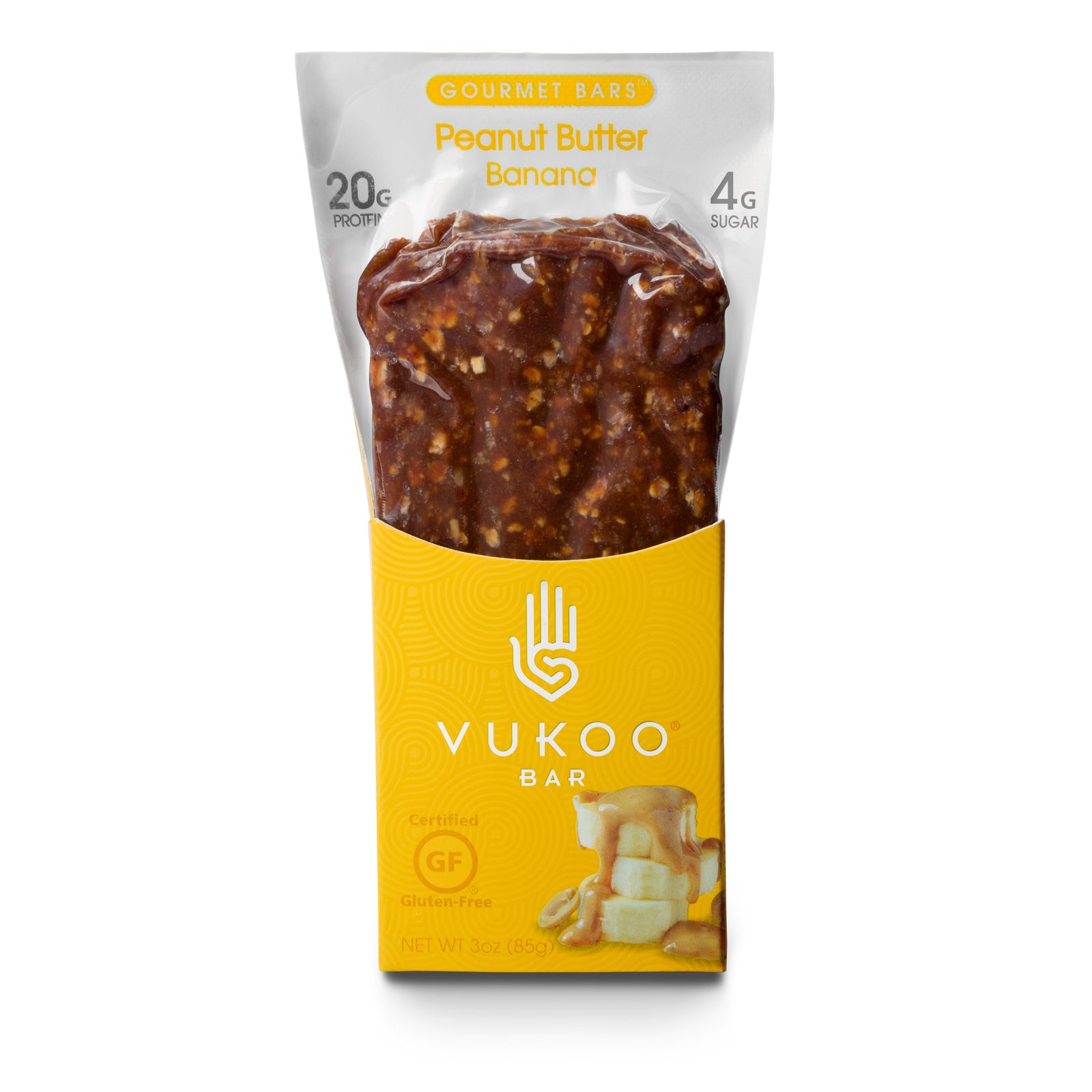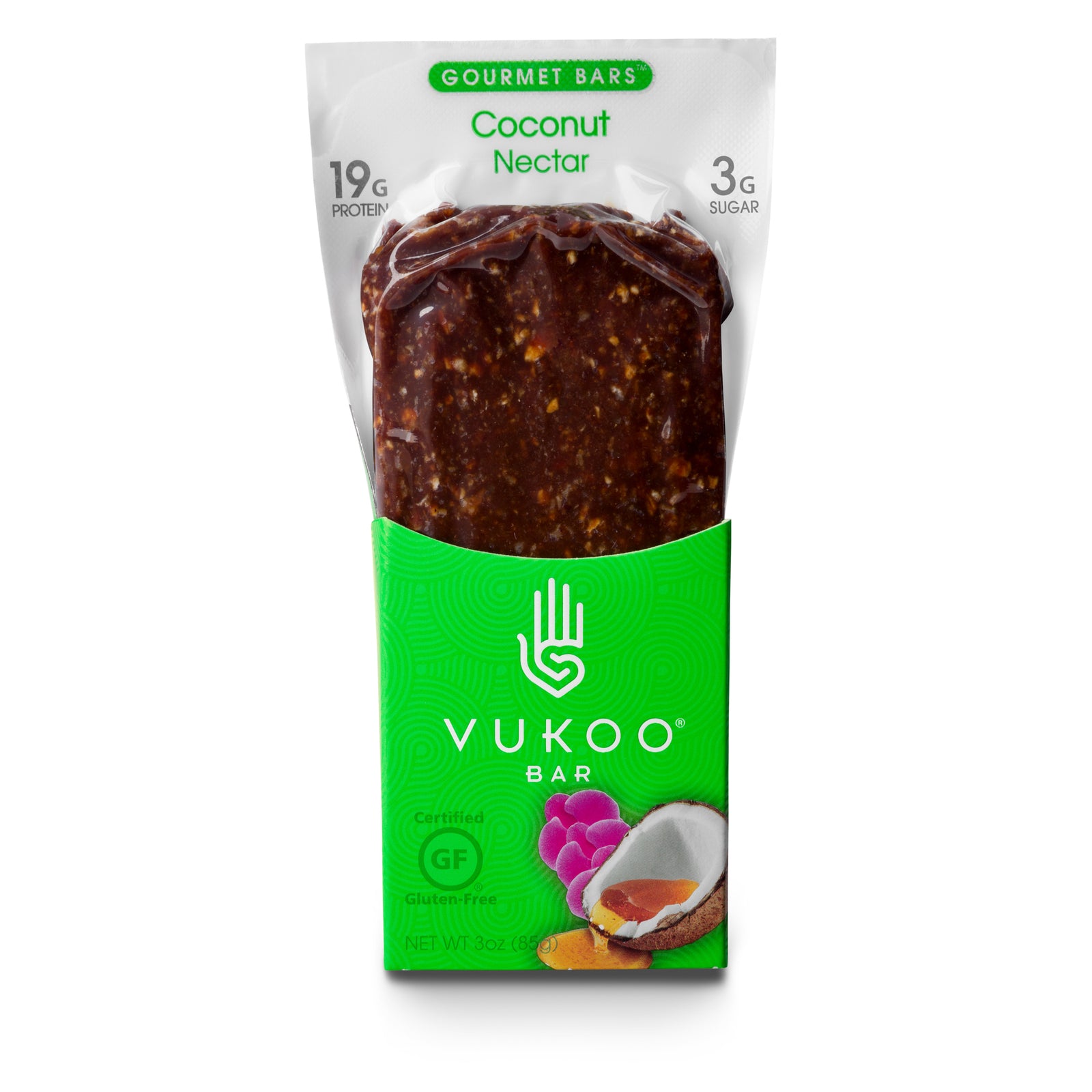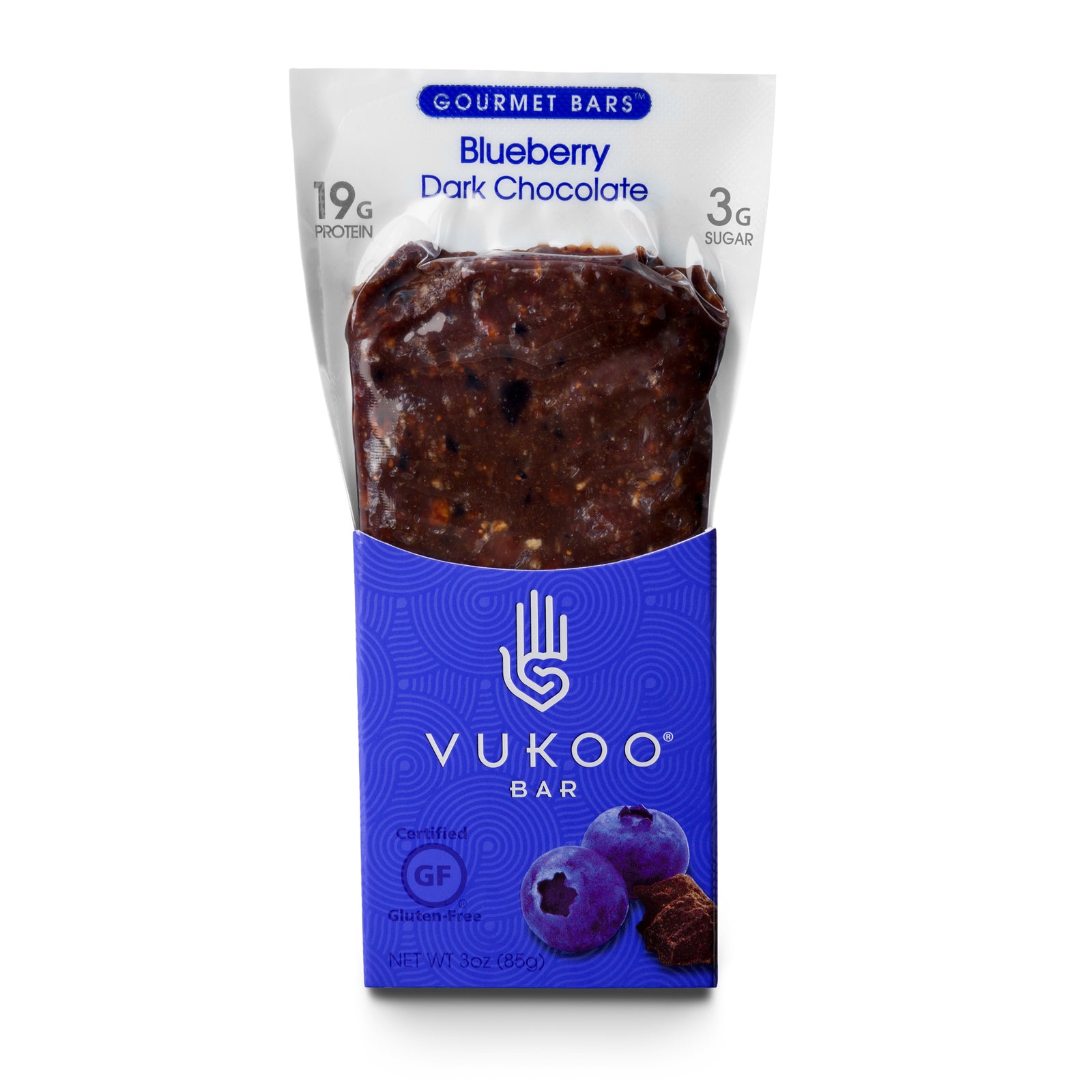1. Leisure walk
Leisure walking is not power walking - 2.5-3 mph on the treadmill. Even in flip flops if you’re outside. Coffee optional, but highly recommended. Walking is the easiest do-anywhere no equipment required exercise that carries little risk of overtraining and will not drive up hunger and cravings like longer duration, moderate intensity cardio can. It improves energy, reduces stress hormones (cortisol) which can make us store belly fat, and may even decrease hunger and cravings. Sure, it offers some additional calorie burn, but that is not the primary goal. The health benefits beyond the numbers are vast. Walk outside in nature if you can for the added benefit of fresh air and a healthy dose of vitamin D. Leisure walk as much and as often as possible. Consider it not exercise, but a necessity.
2. Get outside
Not a walker? Not a problem. Sometimes, all we need is a change of scenery to help us relax; decompress. Could be ten minutes of quiet outside on your deck or porch to enjoy your morning cup of coffee, side of Vukoo, or after dinner, taking in the sights and sounds of nature. Maybe it’s taking your lunch break outside, or your kids or pets to a local park… or just out to play in the backyard. Perhaps it’s an impromptu beach trip, or a planned weekend hike with friends or the fam - even pack a picnic, or at least real food convenience snacks! Maybe you can afford the weekend away, even if only to a nearby destination- rent a cabin and go for bike rides, kayaking, fishing or try a few different activities to find one you like. The combination of movement-driven endorphin release, fresh air, vitamin D and scenery, perhaps solitude, is recipe for an instant mood boost!
3. Spend time with family and friends
Jim Rohn said, “You are the average of the five people you spend the most time with.” Choose wisely. These people are your inner circle, and may have different roles in your life, but they are your network; your support. They have your back no matter what, charge you up and motivate you to be better (inspiration comes from within). Lean on them, and learn to ask for help when you need it; even if only an ear to listen. Surround yourself with energy givers, not takers that will leave you feeling even more drained than the stress itself. But, this time with those closest to you doesn’t just happen. You must plan for it, and schedule it in. Maybe this looks like family dinners at the table, or a weekly date night with your spouse or significant other. Plan a potluck with friends so that no one does all the work, and you don’t have to fight over who takes care of the bill. Though we love our food, this time need not be centered around meals necessarily. If your loved ones are far, make an effort to talk regularly and/or set FaceTime or Skype dates.
4. Offload the plate
Learn to say ‘no’ to things that are not serving you, making you happy, growing you or making you money. Remember, an honest ‘no’ is better than a dishonest ‘yes.’ Get rid of those things that are making you absolutely miserable to make room for more of what you love. Establish your priorities, then identify those things that consume most of your time. If these two lists do not align, reassess then make changes accordingly to better reflect your intentions.
5. Exercise
This is a tricky one because exercise, albeit a positive one, is still a stress. And unfortunately, the body doesn’t really differentiate between “good” stress and “bad” stress so if you’re already overwhelmed by stress of the latter type, exercise can exacerbate its negative effects. Because, like with anything, too much of a good thing is still too much. That said, do not underestimate the power of a good sweat (because, endorphins). It can help you to cope, distract you and recharge you by replenishing the resources (e.g. mental energy) that have been drained by whatever stressors you face. Keep your workouts short, but intense (a la CrossFit, HIIT or Metabolic Effect-type workouts) to burn fat, boost metabolism and maintain your muscle; or more restorative in nature (e.g. leisure walk, some types of yoga, light stretching or foam rolling or sauna; even schedule a massage, facial or mani/pedi). Don’t forget quality nourishment post-workout to refuel, especially following intense bouts of exercise. Remember, exercise need not take place in the gym. If that’s your thing, cool, but if not, zero stress. Take it outside (see #2).
6. Stay organized
Clutter spaced, cluttered mind? Clear your physical space to free up mental energy. Keep your desk clear of nonessentials; add a plant, lavender-scented candle or picture(s) if you choose. File important papers as you receive them and toss the rest so the piles don’t build; or go paperless. Empty your car (or purse - receipts, kid snacks, loose change, trash etc.) at the end of the day; enlist the help of your kids, if you have them. Clean the kitchen after dinner. Fold your laundry and put it away as you do it. Sort through your closet seasonally and make room for new clothes you feel good in. Use a calendar to keep track of important dates on your phone, computer or in a planner - do what works for you. The possibilities here are endless. You know you best in terms of the areas in your life that could use a little tidying up. Up to you to do it, or hire help. Will you?
7. Take time for the nucleus (aka YOU)
Block, then guard time daily to do something you enjoy; that fulfills you; that makes you happy; or that helps you to decompress. It need not be long. Even just ten minutes consistently can suffice. Set a recurring alert in your phone or on your calendar as a reminder and do not let other engagements take precedence. You are worth it! Taking time for yourself is not selfish. In fact, the more time you can take for you, the better. Because when you take care of you first, you are less likely to resent and more likely to be engaged in your work, in your relationships and in life. To get better requires that you invest time, money and energy in YOU. PS Have you tried an Epsom salt bath or heat therapy like sauna or hot yoga? If not, highly reco!
8. Accept, acknowledge and move on
Understand what you can control and what you cannot control. Of what you can control (i.e. actually do something about) decide what’s important then let the rest go so that it does not continue to drain you of what are finite resources (e.g. time, money, energy).

Which of these tips did you find most helpful? How do you relieve stress? Let us know on ourFacebook page, or snap a pic and tag us onInstagram to show us what you’re doing to stress less!
"Eight (8) Tips to Productively Manage Your Stress"; by Vukoo®

